Courting
March 31, 2018I. Prayer
Bless us as we try to find
ourselves,
each other.
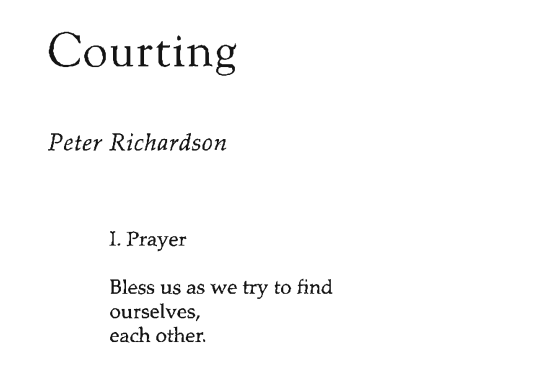
I. Prayer
Bless us as we try to find
ourselves,
each other.
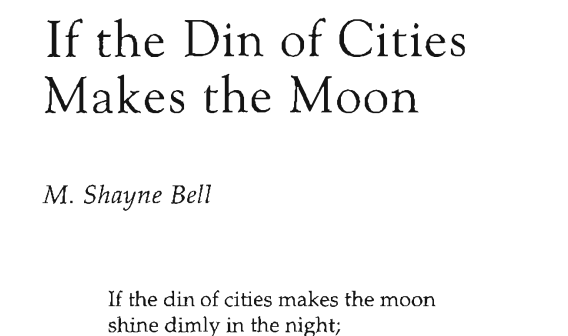
If the din of cities makes the moon
shine dimly in the night;
if the touch of concrete and tin
drowns the sound of water;
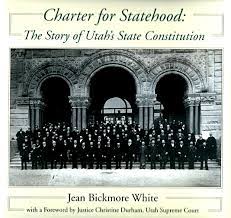
Charter for Statehood chronicles Utah’s constitutional history from its territorial days through the present. Dr. White, emeritus professor of political science at Weber State University, employs her vast skills in state and local history and…
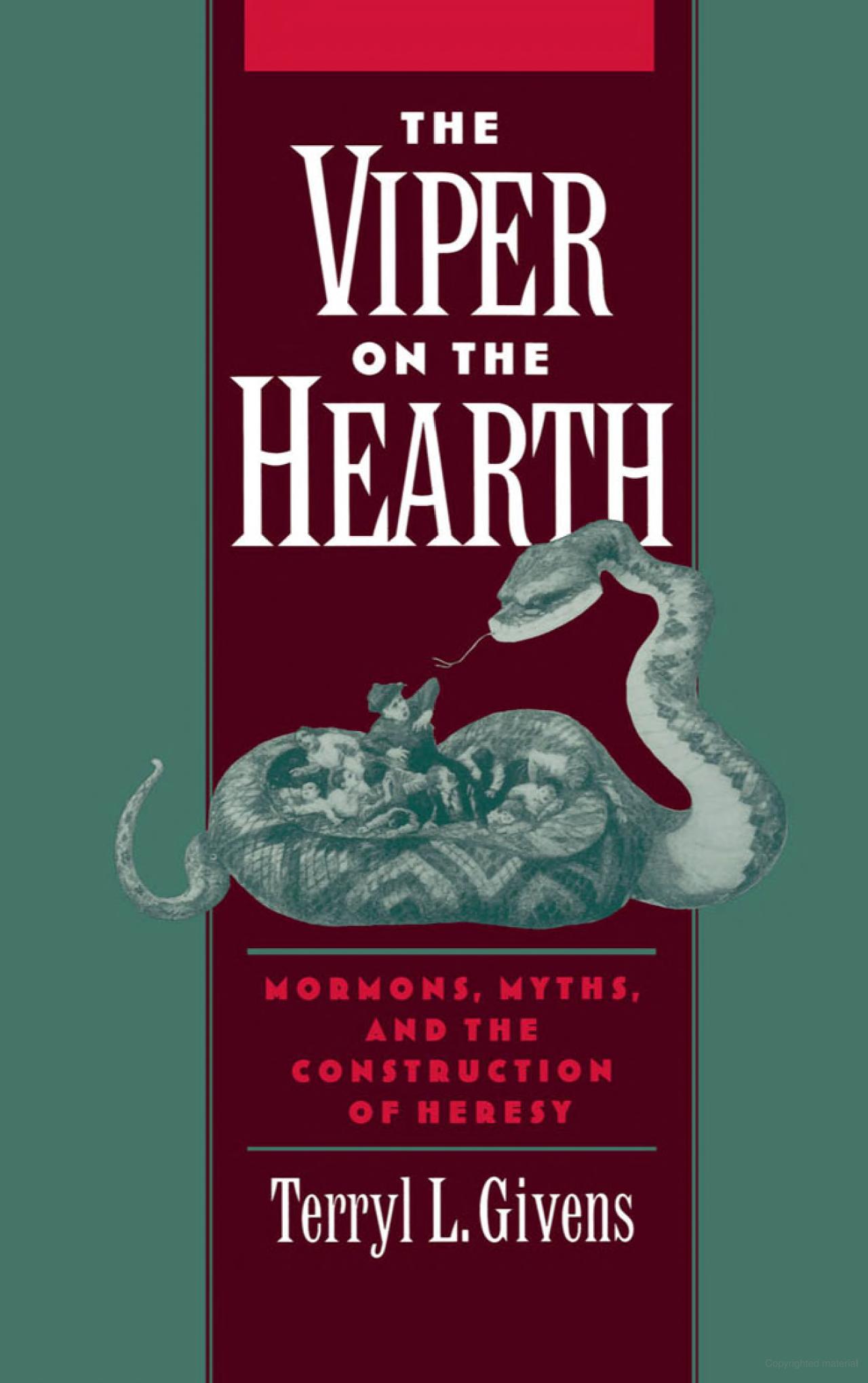
The nineteenth century saw the rise and fall of many “crusades” that have been painstakingly examined by scholars, including abolition, temperance, and nativism. Yet the equally important campaigns to eradicate polygamy and stem the tide…
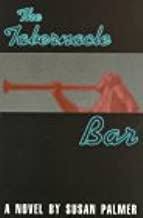
In prose that can hum alternately with the wry empathy of Barbara Kingsolver and the lyricism of Leslie Marmon Silko, Susan Palmer’s The Tabernacle Bar explores the spiritual dilemmas of the citizens both in and…
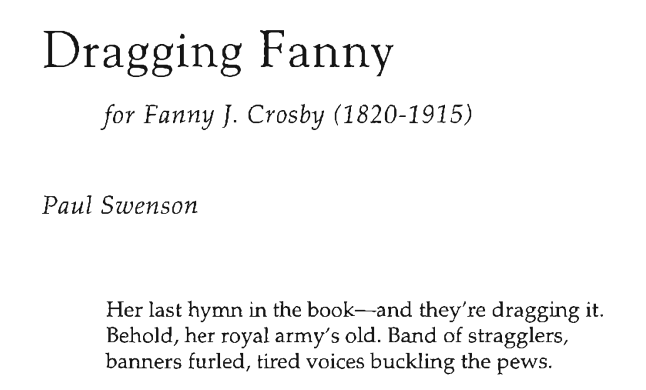
Her last hymn in the book—and they’re dragging it.
Behold, her royal army’s old. Band of stragglers,
banners furled, tired voices buckling the pews.
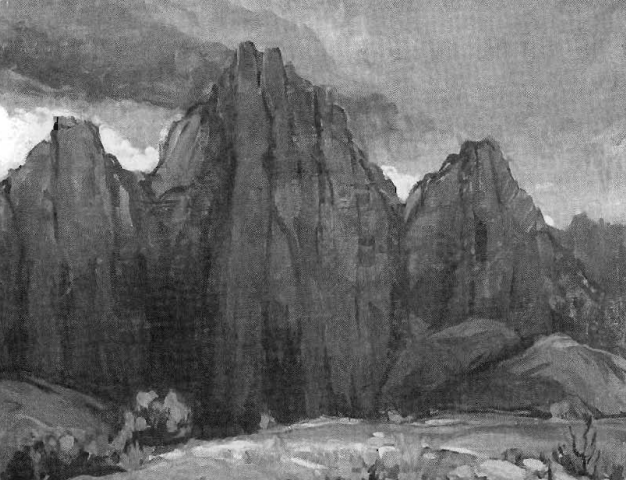
DZEH-NESH-CHEE-AH-NAH-TSIN-TLITI-TSAH-AS-ZIH. Elk-Nut-Eye-Match-Yucca. His grandfather used to say the bilagaanas always come in twos. The first time he was barely five years old, playing on a sand dune near their hogan west of Valley Store. He…
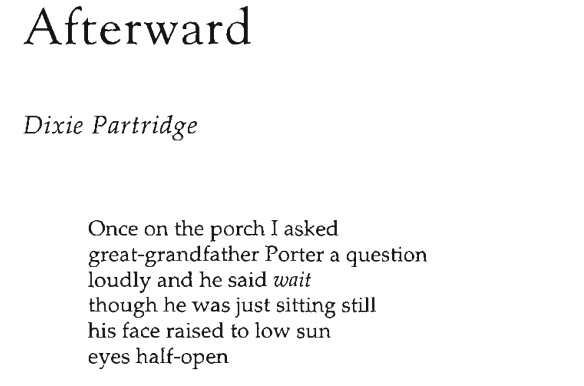
Once on the porch I asked
great-grandfather Porter a question
loudly and he said wait
though he was just sitting still
his face raised to low sun
eyes half-open
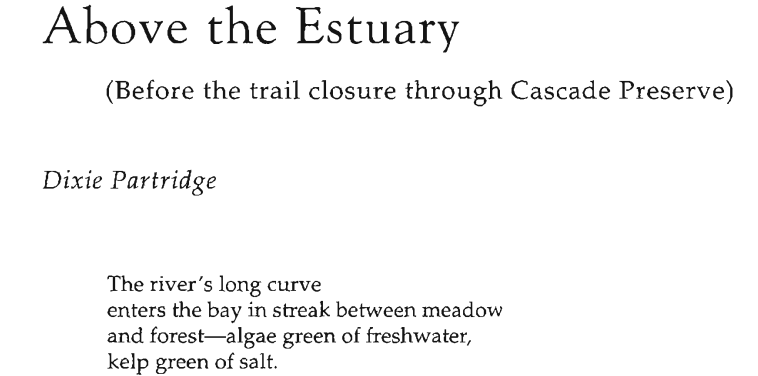
The river’s long curve
enters the bay in streak between meadow
and forest—algae green of freshwater,
kelp green of salt.
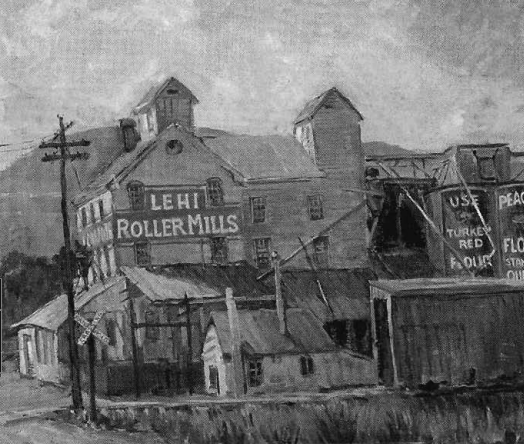
At fourteen, when I could legally hunt game birds, I became a serious hunter. I hunted ducks and pheasants, but also rabbits, crows, rock chucks, hawks, owls, eagles, coyotes, rodents, and rattlesnakes. I never killed…